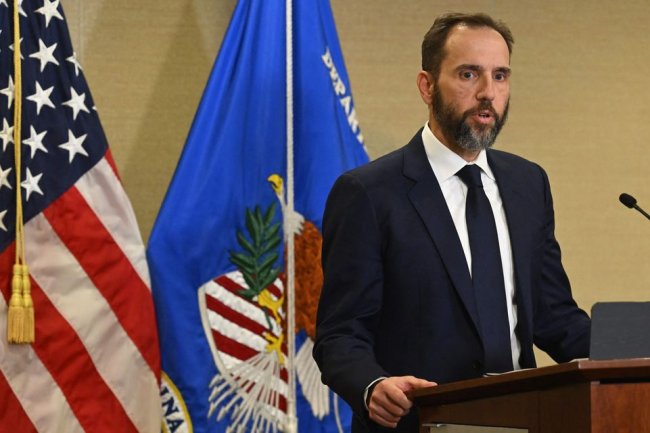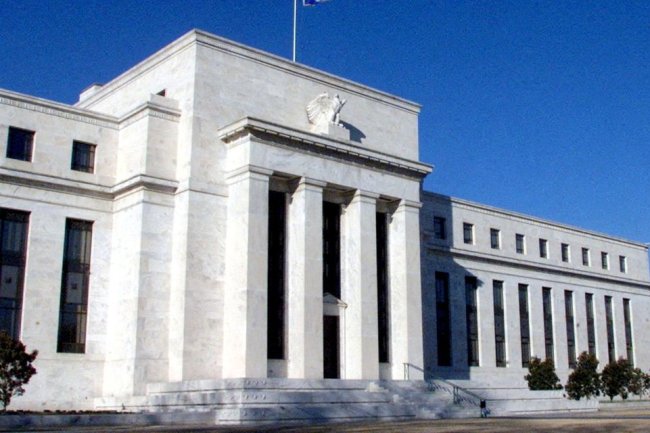Russia’s Influence on India Wanes Even as Affection Lingers
Though they both want to create a multipolar world, Moscow has tied itself to Beijing, New Delhi’s rival. By Sadanand Dhume July 20, 2023 5:03 pm ET Vladimir Putin in Moscow, July 19. Photo: Alexander Kazakov/Zuma Press Will India’s longstanding love affair with Russia ever end? At first glance, the odds appear slim. Despite drawing closer to Washington over the past two decades, New Delhi has maintained tight diplomatic and military ties with Moscow. But Russia’s and Vladimir Putin’s popularity among Indians won’t prevent Moscow’s star from fading. The rapid rise of China, combined with Russia’s relative economic and technological backwardness, all but ensures that India-Russia ties will diminish over time.


Vladimir Putin in Moscow, July 19.
Photo: Alexander Kazakov/Zuma Press
Will India’s longstanding love affair with Russia ever end? At first glance, the odds appear slim. Despite drawing closer to Washington over the past two decades, New Delhi has maintained tight diplomatic and military ties with Moscow. But Russia’s and Vladimir Putin’s popularity among Indians won’t prevent Moscow’s star from fading. The rapid rise of China, combined with Russia’s relative economic and technological backwardness, all but ensures that India-Russia ties will diminish over time.
A recent Pew survey of 24 countries found that 57% of Indians view Russia either somewhat favorably or very favorably, the highest proportion in all countries surveyed. And 59% of Indians are confident that Mr. Putin would “do the right thing regarding world affairs.” (In the U.S., that figure is 7%.) Russia’s invasion of Ukraine last year doesn’t appear to have hurt Mr. Putin’s standing in India. The proportion of Indians expressing confidence in the Russian strongman rose 17 points compared with a similar survey in 2019.
India has steadfastly refused to condemn the Russian invasion. Instead, India has taken advantage of discounts, dramatically increasing purchases of Russian oil. Before the invasion, Russia accounted for around 2% of India’s oil imports. In May, India imported 40% of its oil from Russia, nearly 2 million barrels a day. And for India, the world’s largest importer of weapons, Russia remains its top arms supplier, providing the bulk of its strike force capability as well as technology for cruise missiles and nuclear-powered submarines.
What explains India’s affinity for Russia? Both countries have long sought to create a multipolar world to replace the unipolar one that emerged after America’s triumph in the Cold War. Indian Foreign Minister Subrahmanyam Jaishankar explained New Delhi’s view in a recent interview with the Economist. Eurasia houses three big powers: Russia, China and India. “It’s been a cardinal principle of our foreign policy, which still remains valid, that maintaining a strong relationship and a good relationship with Russia is essential,” he said.
Russia also benefits from close ties it built with India during the Cold War. Indians still remember the Soviet Union using its United Nations Security Council veto to back India on Kashmir, as well as Russia’s support during the 1971 war with Pakistan, which led to the birth of Bangladesh. Indians with an anti-American attitude admire Mr. Putin for standing up to the West. For its part, Russia has used its relatively advanced military industry—and competitive prices—to lock India into long-term dependence for technology that Indians say they can’t get elsewhere.
Read More East Is East
- Identity Politics Could Kill America’s Scientific Edge July 6, 2023
- Can America Rely on Modi’s India? June 22, 2023
- Democrats Can’t Count on Asian-American Voters June 8, 2023
But it is clear that Moscow’s influence in India has declined dramatically—and will continue to decline. Fifty years ago, India had a planned economy and relied overwhelmingly on the Soviet Union for diplomatic support and military hardware. Committed communists and communist sympathizers held senior positions in India’s government. Marxist intellectuals dominated its universities and media, and communist parties were a force in electoral politics. The KGB station in New Delhi was among the largest in the world. Soviet publishers cranked out cheap books to woo the Indian middle class.
Today, virtually nobody in India has even heard of the Russian nationalist philosopher Alexander Dugin, and Indian elites probably care more about Kim Kardashian than Karl Marx. Unlike during the Cold War, hardly anyone in India studies Russian. As the Indian security expert Happymon Jacob pointed out in Foreign Affairs last year, before the recent spike caused by oil and fertilizer, bilateral trade between India and Russia was only $13 billion in 2021, less than 10% of U.S.-India trade. More than 4.4 million people of Indian origin live in the U.S. Indians in Russia number fewer than 30,000, many of whom are students who couldn’t get into medical school anywhere else.
Most important, Russia’s closest ally, China, is also India’s biggest threat. As the Indian strategic thinker C. Raja Mohan pointed out in a recent column, in the 1990s India sought a multipolar world, but today it faces the more urgent challenge of creating a multipolar Asia to stop the region from becoming China’s backyard. Only America can help India with critical technologies like artificial intelligence and quantum computing. And India can no longer rely on Russian weapons and diplomatic support in its confrontation with China along the disputed Himalayan frontier. According to Stockholm International Peace Research Institute data, between 2012 and 2022 Russian arms as a proportion of India’s weapons imports fell by 65%. The proportion sourced from the U.S., France and Israel over the same period grew 288%.
India-Russia ties survived the end of the Cold War because it made sense for both countries, but flailing in Ukraine and drawing ever closer to Beijing has made Moscow a much less attractive partner for New Delhi. As Mr. Jacob wrote, “When Indians think of their strategic partnerships, Russia is referred to in the past tense and the United States in the future.”
House Republicans passed the National Defense Authorization Act (NDAA) on July 14, after a debate that highlighted military priorities versus cultural issues. Images: Getty Images Composite: Mark Kelly The Wall Street Journal Interactive Edition
What's Your Reaction?













